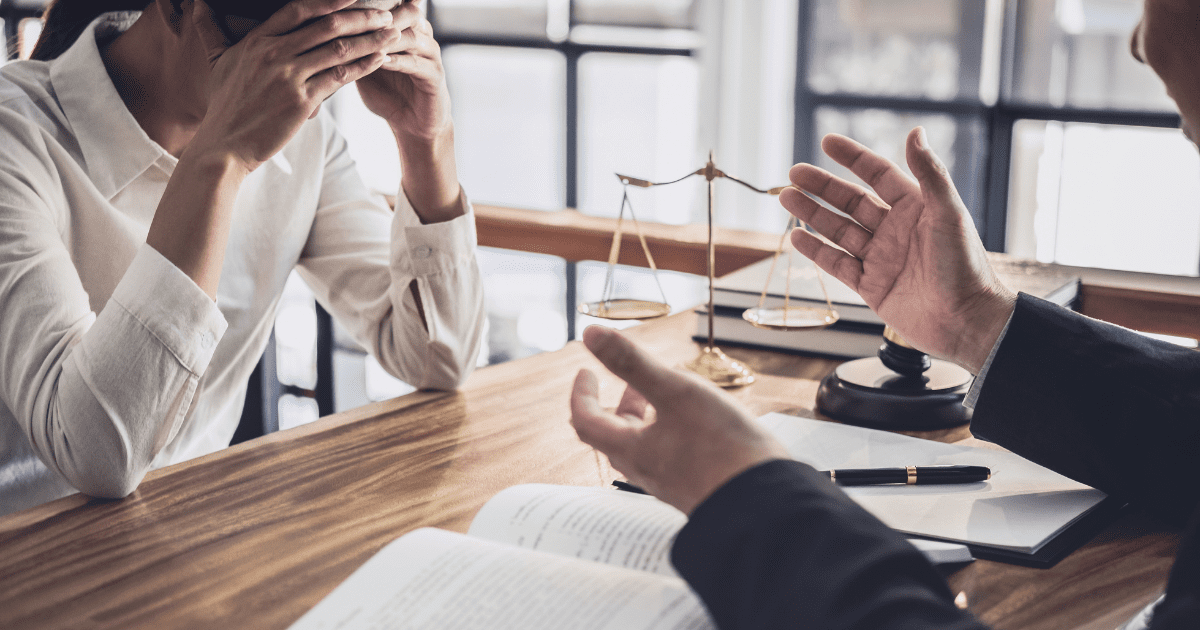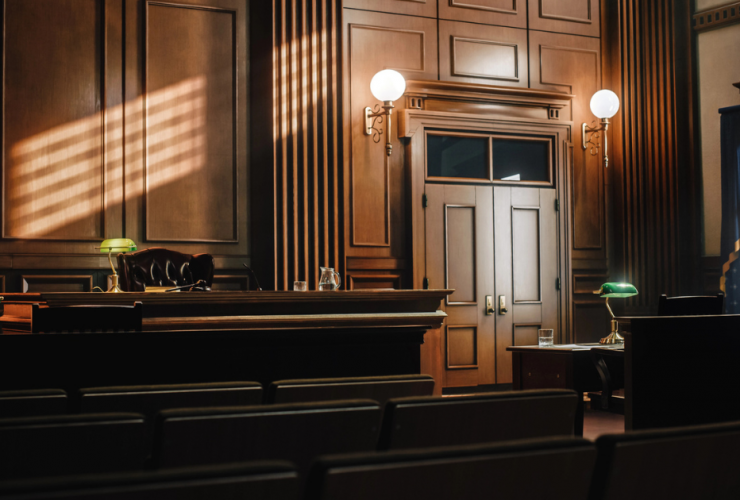What Happens if You Violate Parole?
The consequences of what happens if you violate parole depend on just what you did that constituted parole violation.
Typically, someone is granted parole — conditional freedom — based on them continuing to meet certain conditions or expectations.
Some of these conditions include:
- Maintaining a residence.
- Maintaining employment.
- Avoiding criminal activity.
- Avoiding contact with victims.
- Refraining from drug use (sometimes including alcohol).
- Attending either drug and/or alcohol recovery meetings.
- Staying within a specific geographical area, unless you receive permission from your parole officer.
The parolee periodically meets with their parole officer to ensure that these conditions are being met. The parole officer also may make surprise visits to check on whether the parolee is in compliance with the conditions of their parole.
If you fail to meet the conditions of your parole, you are considered to be in parole violation.
What happens next if you violate parole is a parole revocation hearing in front of the parole board.
You are still entitled to due process and a fair hearing. And your criminal defense attorney still may be able to help you defend yourself against the parole violation charges.
So it’s important to take these hearings seriously and don’t just hope for the best.
A few common penalties for parole violation include the following:
- Arrest Warrant and Imprisonment
- Revocation of Parole
- Increased Parole Term
- Fines
- Criminal Charges
Parole violation is serious. Obtain legal counsel for help right away.




